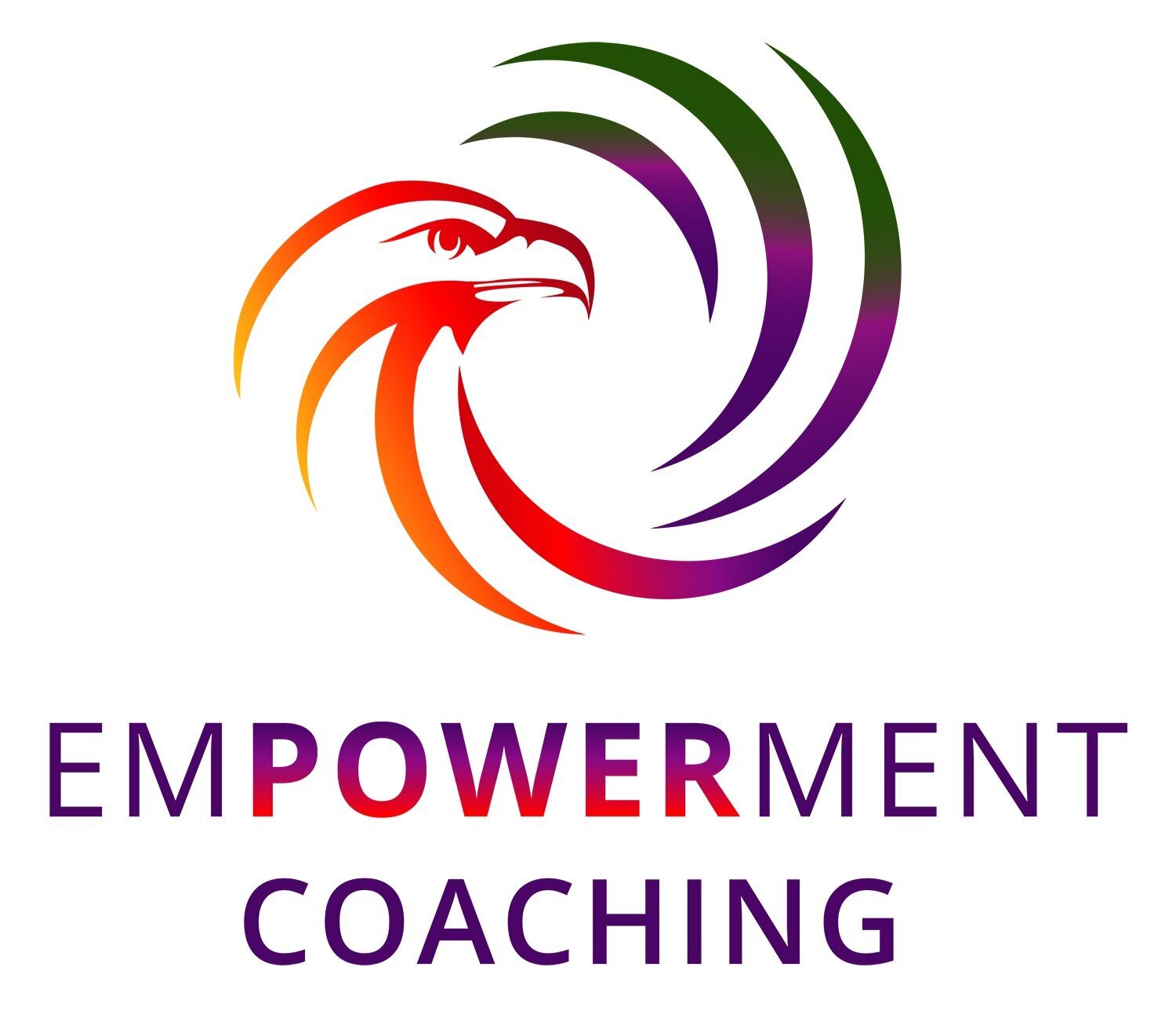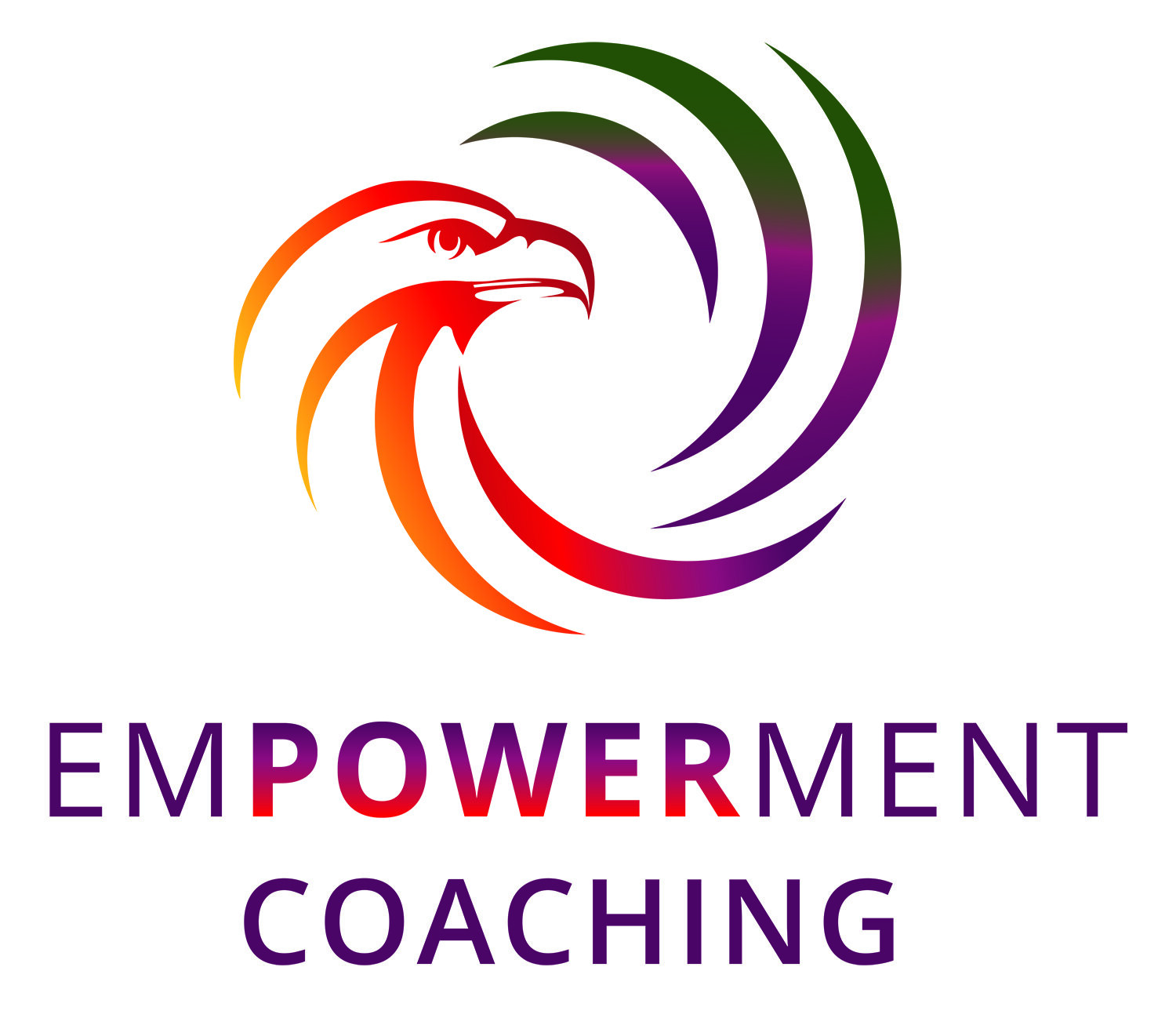Empower yourself to end victimization
This post is about how to empower yourself to end your own victimization, regardless of the situation. That sounds like a pretty lofty goal, right? Well, really, it’s as simple as a change of mindset. I know I’m running the risk of enraging victim advocates and others, but let me explain why I’m saying what I’m saying here.
This blog post arises out of my own personal work on victimization. As a survivor of childhood sexual abuse, marital infidelity, and embezzlement of my first business, I’ve had repeated opportunities to learn the lessons these unwanted, unpleasant situations offered. Now that I can frame these events in a different light, I’d like to share that light with all of you in the hopes that it saves you some repetition of the lessons. So this is not about blaming the victim; this is about empowering you to see how you helped create the undesirable situation and how you can change it.
Many of the tools I’m going to share with you today come from the brilliant Marianne Williamson and I want to credit her for this beautiful work. So let’s start with a short example to set the stage for our work: right before Christmastime many years ago, my business partner and I became aware that our office manager was embezzling funds from our company. We did what needed to be done, including firing her and pressing charges, yet struggled with how to frame this event in a way that allowed us to move forward.
Fast forward to the first tool we can use to accomplish this: make a list of all the areas where something is a particular problem for you. This could be a list of how others have taken advantage of you, how debt has dogged you, how your health is bad, your history of serial bad relationships, whatever area you choose to target for insight and change. Write the problems/situations on the left side of a page, leaving several lines below each for the next step.
Next, to borrow Williamson’s words, “…do some serious introspection. For each problem you recorded, write an honest appraisal of the situation in the space you left blank. Approach this task with an attitude of brutal honesty and commitment to truth. Taking responsibility for our own part in our disasters is critical to transforming them.” Some questions to consider in writing this part are: What was my part in creating the problem? Whom do I need to forgive? What remains to be cleaned up? Williamson says, “While others have wronged me in the area of money over the years, a deeper look at the situations made me aware of how easy I made it for them to do so. Yes, they were perpetrators, but I wasn’t a victim so much as a subconscious participant in some ugly dramas”.
So, for example, with regard to the embezzlement, we made it easy for her to do so by being so busy with clients that we rarely looked at the books, we would sign blank checks ostensibly for the various bills she was paying which she then would fill out with her own name, we would allow her to catch us as we were racing from one client to the next to sign “completed” checks without noticing the invisible tape on the “To” line which she then would peel off and insert her own name.
The next step is to take responsibility and forgive yourself. Enter the Letter to God, which Williamson describes as an opportunity to “come clean about where you yourself made a mistake, didn’t act in integrity, called forth fear-based responses by your own fear-based actions, and so forth…” So here’s my Letter to God regarding the embezzlement incident:
Dear God, I have created this situation through impatience, overwhelm, fear, short-sightedness, poor boundaries and more. I own 100% responsibility for my current situation because others would not have been able to do to me what they did without me having turned a blind eye to things I should have seen. I failed myself and I failed them by not calling them on wrong behavior and not tending to my business like a true steward would.
I will share with you that just doing this much of the process created a ton of relief and a tremendous feeling of empowerment within me. And, guess what, folks! That’s not all!! No! Now you get to write God’s answer to your letter. Williamson says “Allow your hand to keep writing, as He responds”. I chose to use two different colors of ink for my part of the letter and God’s responses. You can also choose to use your dominant hand to write your part of the letter and your non-dominant hand to write God’s responses. Here’s God’s response to my letter, as written by me:
Dear Bonnie, This is a good assessment of the situation and a great start on correcting these problems. I’m glad you assessed this without self-condemnation. Love yourself in spite of your faults and errors. Now, tell me what you intend to do to correct this situation.
I then wrote about my plan and the problems I saw with that plan. God then asked me to write about “where from here?” That led to an articulation of specific steps I was going to make to rectify the problems and a commitment on my part to take those steps, including timelines for getting them accomplished. Williamson writes about this part, “Be willing to hear Him, and make things right according to your internal guidance wherever you can”.
For me, this has included signing myself up for a Boundaries teleclass offered by a friend of mine, slowing my pace down so I could actually listen to the quiet guidance within, meditating daily, and more. The end result was “A different way of living my story”, in the beautiful words of Deepak Chopra!
Certainly some of you are chomping at the bit about this, especially as it relates to childhood abuse. I understand your concerns. I do not, in any way, say this mitigates a perpetrator’s responsibility for making such a heinous choice. What I am saying is that there is empowerment in owning the choices we made, including as children. So, for myself with the abuse, I can own that I chose to tell nobody. I made that choice because I didn’t want to get in trouble, be blamed for what happened, have someone say I was lying, or cause the family members involved to be prosecuted. I feel great empathy for my child self who was put in such an untenable position and love her with all my heart for the choices she made in a no-win situation. However, in owning those choices, I can understand how it allowed the abuse to continue and fostered the line of thinking which created additional compromises of my integrity as an adult…not confronting unacceptable situations, not following through on what would have been in my highest and best good, tolerating unacceptable behavior from others for too long, etc. Again, there’s empowerment in the ownership of my part, even as a child. It frees me to see that I always have choices, even if it’s only how I choose to frame a situation.
When we correct our perception of a situation from that of victimization to that of empowerment, it is like a “spiritual reset button” which allows us to change our past, present and our future perceptions of ourselves and what we are capable of accomplishing. See yourself as a powerful, spiritual being having a human experience and notice how that makes all the difference.


